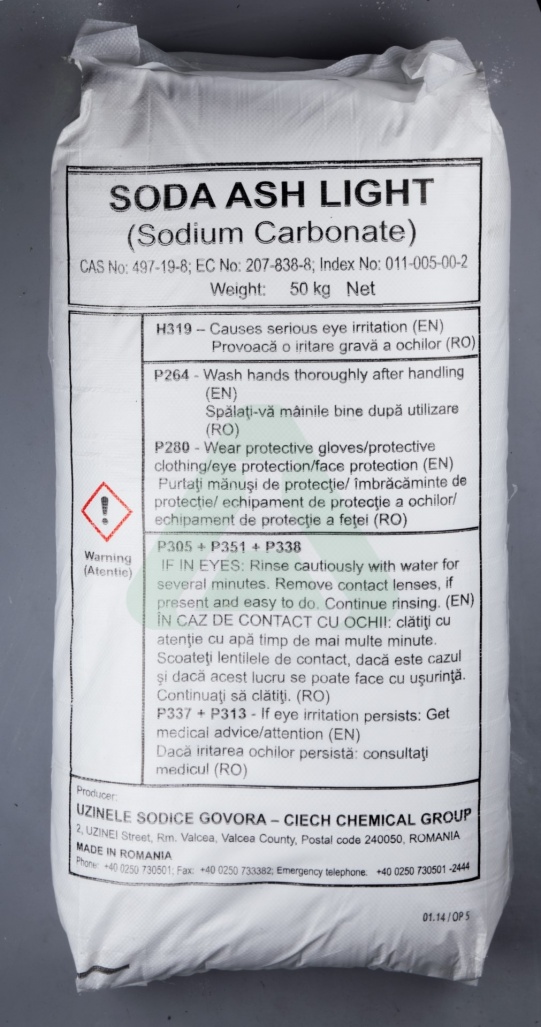Definition and Uses :
Sodium carbonate (also known as washing soda, soda and soda crystals, and the like in the form of monohydrate crystal carbonate), Na 2 CO 3 , is the sodium salt of carbonic acid, which is soluble in water.
It usually occurs as a crystalline decahydrate that is easily absorbed to form a white powder, the monohydrate. Pure sodium carbonate is a white, odorless powder that is hygroscopic (absorbs moisture from the air). It has a very alkaline taste and forms a moderately simple solution in water. Sodium carbonate is well known domestically for its everyday use as a water softener. Historically, it was extracted from the ashes of plants grown in sodium-rich soils, such as vegetation in the Middle East, sperm from Scotland and seaweed from Spain. The ashes of these sodium-rich plants, distinctly different from timber ashes (used to create potash), came to be referred to as "soda ash". [12] It is produced synthetically in large quantities from salt (sodium chloride) and limestone by a method known as the Solvay process.


